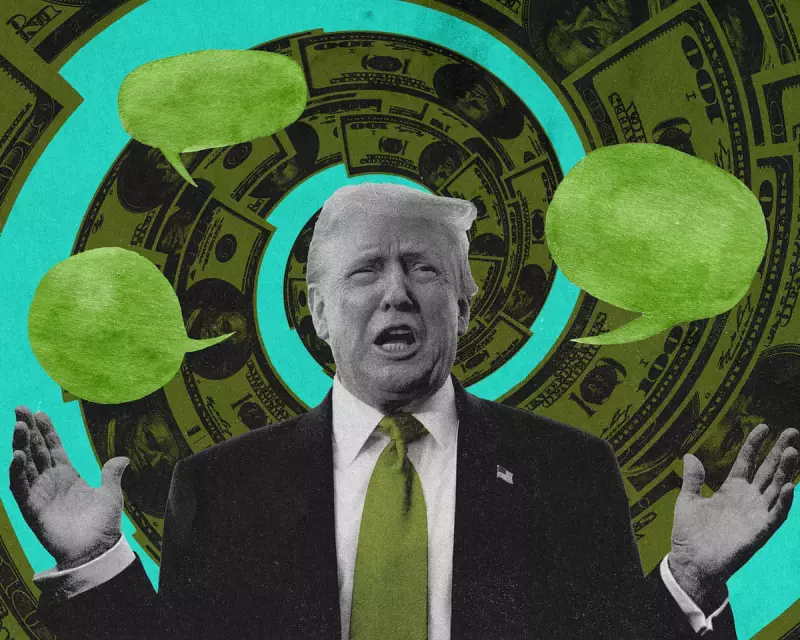
Former US President Donald Trump has unveiled a controversial plan to impose hefty tariffs on imports if he returns to the White House. The proposal, which could reshape global trade dynamics, has drawn sharp reactions from economists and policymakers alike.
The Tariff Proposal: Key Details
Trump’s plan includes a universal 10% tariff on all imports, with even higher rates for certain goods. The move is framed as a strategy to boost domestic manufacturing and protect American jobs. However, critics warn it could trigger retaliatory measures and disrupt supply chains.
Potential Impact on the UK
As one of the US’s key trading partners, the UK could face significant repercussions. Industries such as automotive, pharmaceuticals, and technology may see increased costs, potentially leading to higher consumer prices.
- Automotive sector: Tariffs on British-made cars could hurt exports.
- Pharmaceuticals: Increased costs for medicines and medical supplies.
- Technology: Higher prices for electronics and software.
Expert Reactions
Economists are divided on the long-term effects. Some argue tariffs could strengthen US industries, while others predict global trade tensions and economic instability.
"This policy risks igniting a trade war," said one analyst. "The UK and EU would likely respond with their own tariffs, harming businesses on both sides."
What’s Next?
If implemented, the tariffs could take effect as early as 2025. Businesses are urged to prepare for potential disruptions, while governments may seek negotiations to mitigate the fallout.





